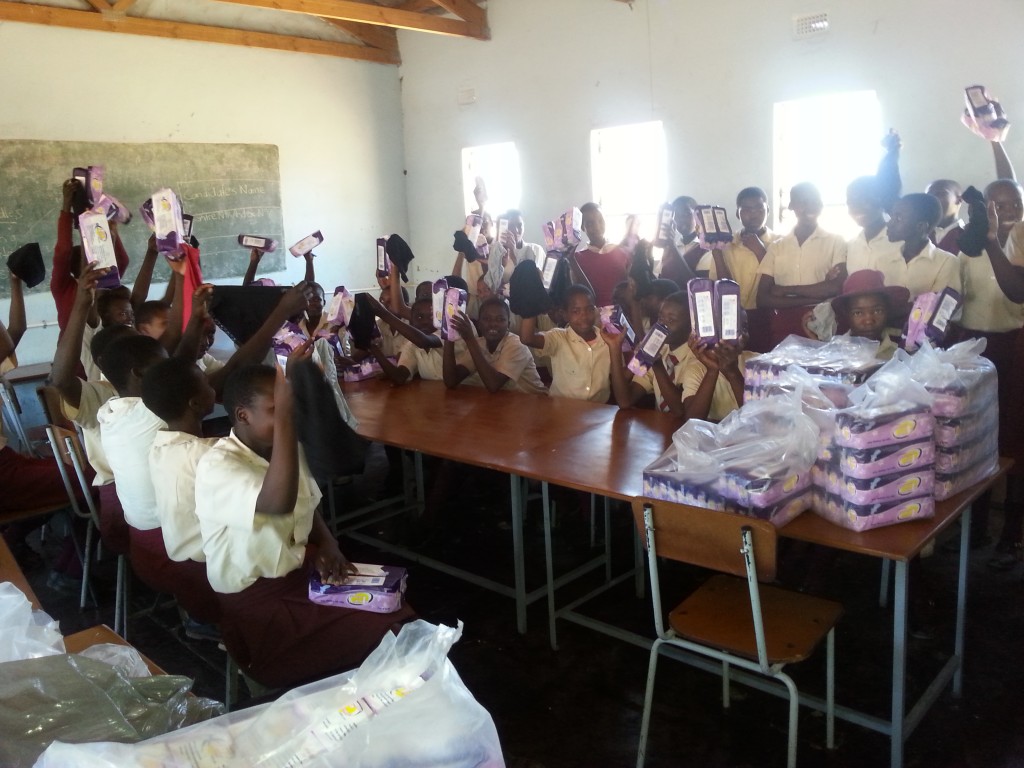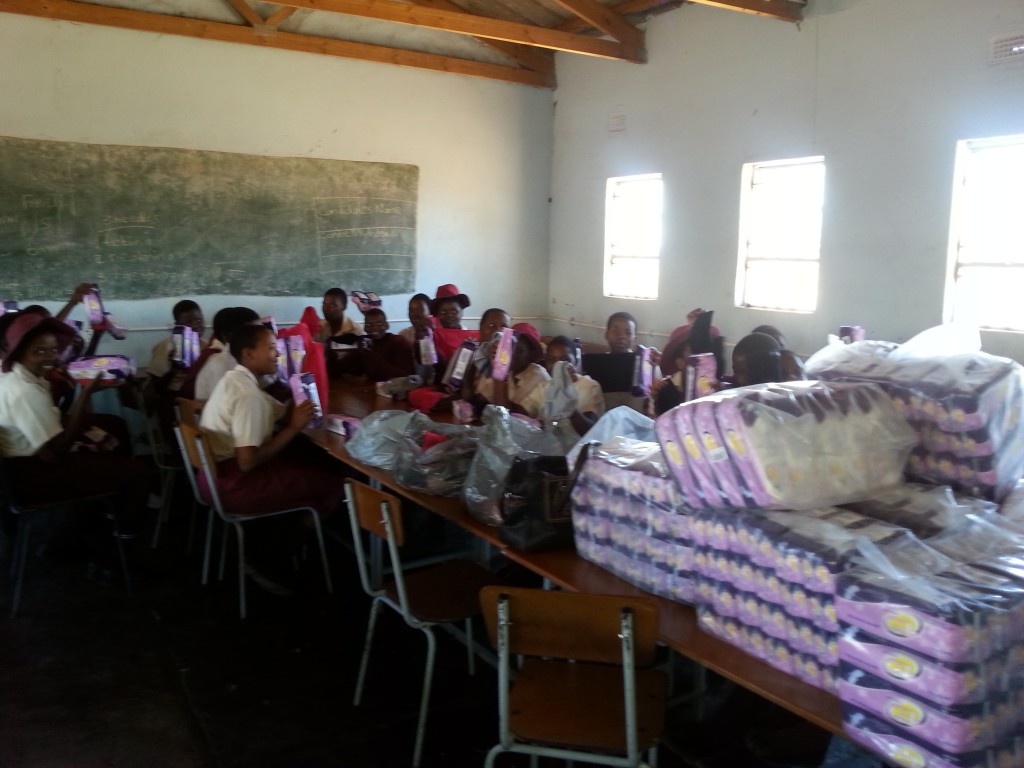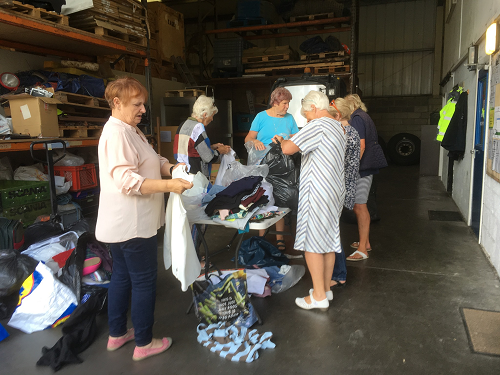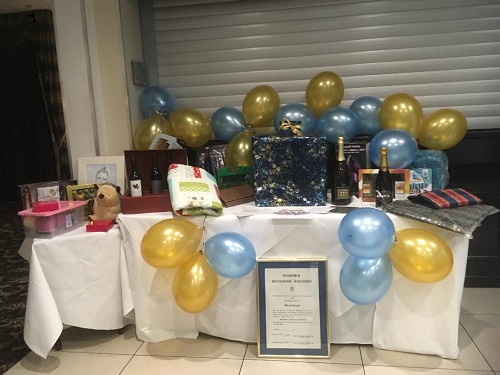What is the Knickers for Knowledge
Project?
The Knickers for Knowledge Project is a joint project that SI Barnstaple has been operating since 2011 with our partners SI Bulawayo in Zimbabwe.
How did the project start?
A club member raised the issue of how girls in sub-Saharan Africa and other poor areas of the world were having their education ruined by missing school through not having the necessary sanitary protection.






